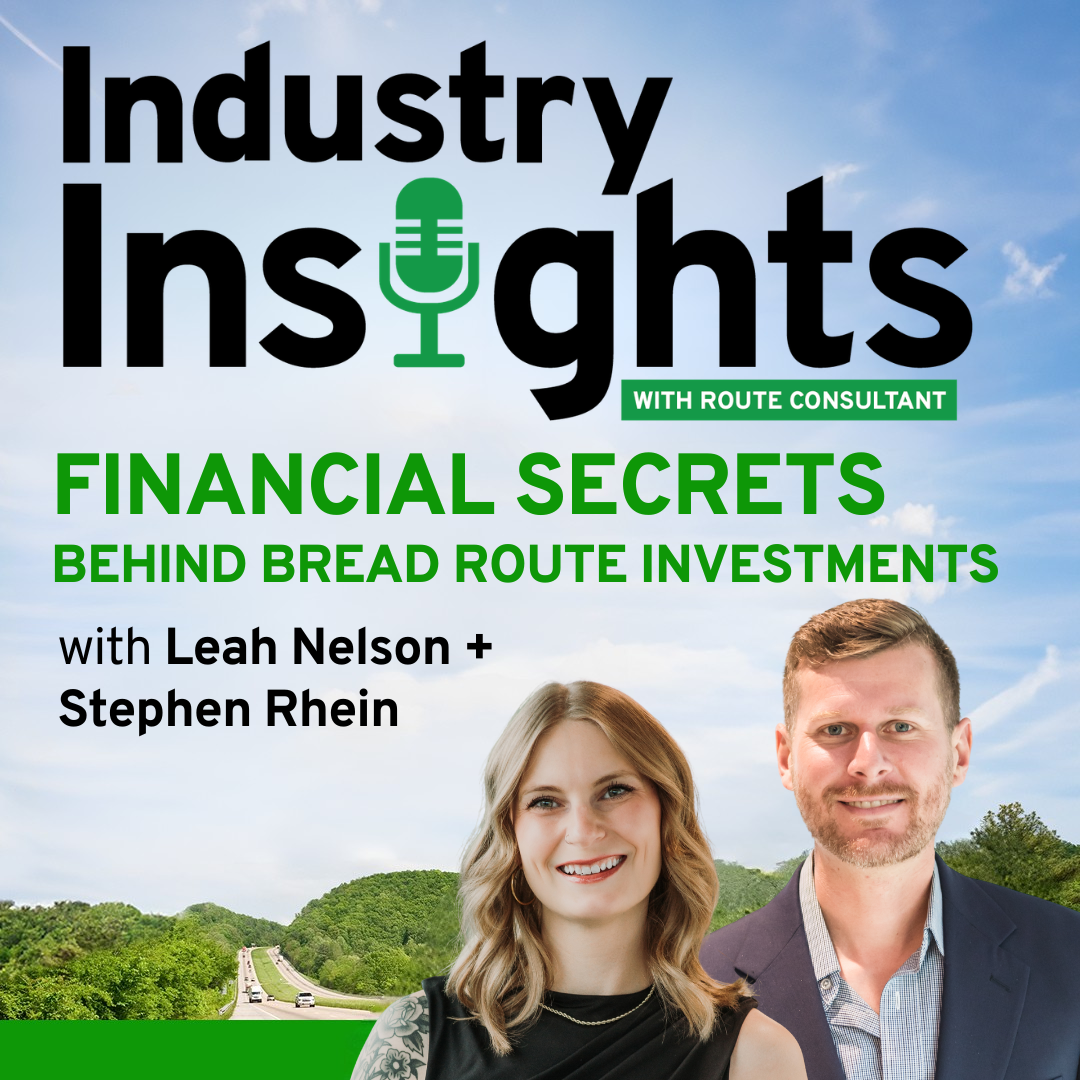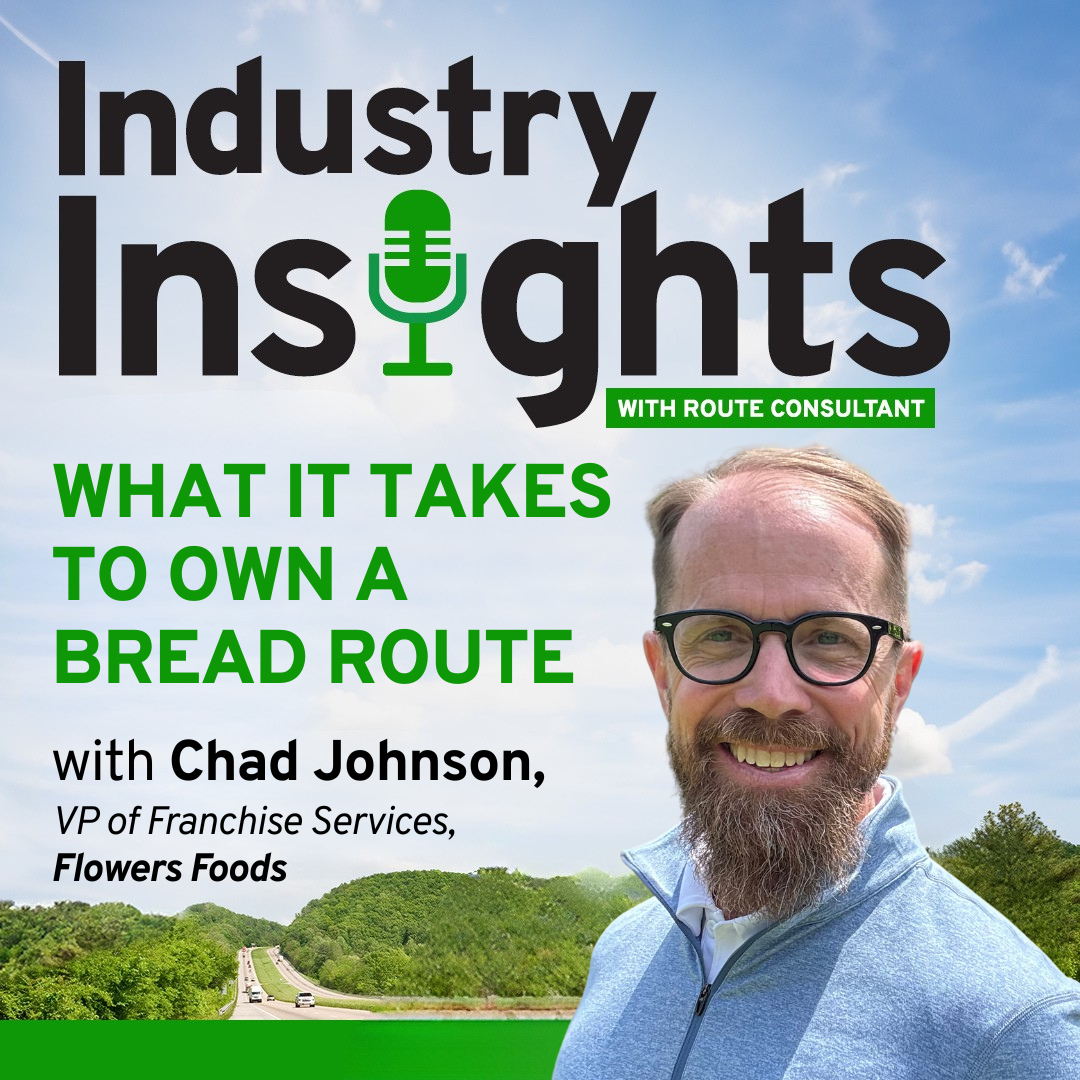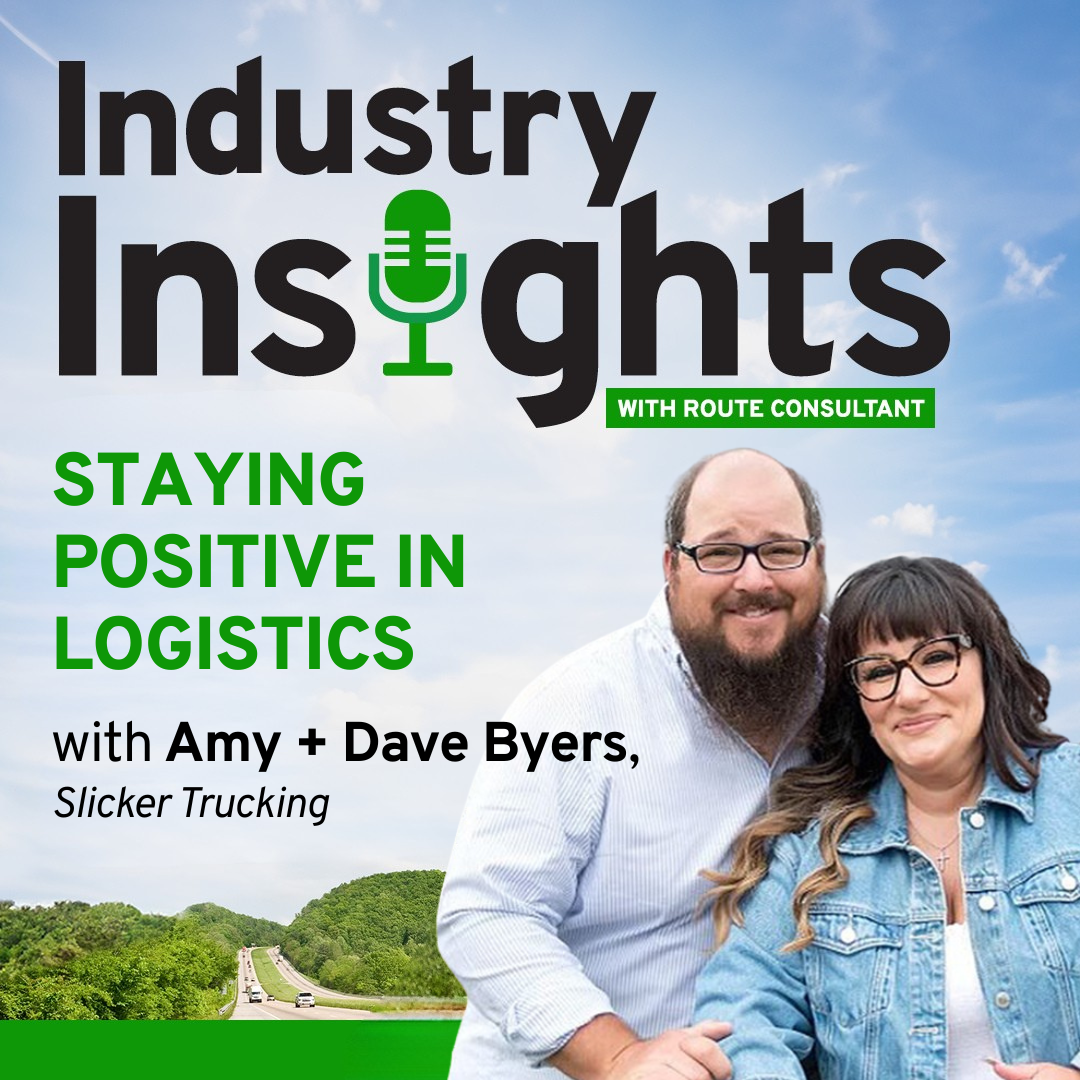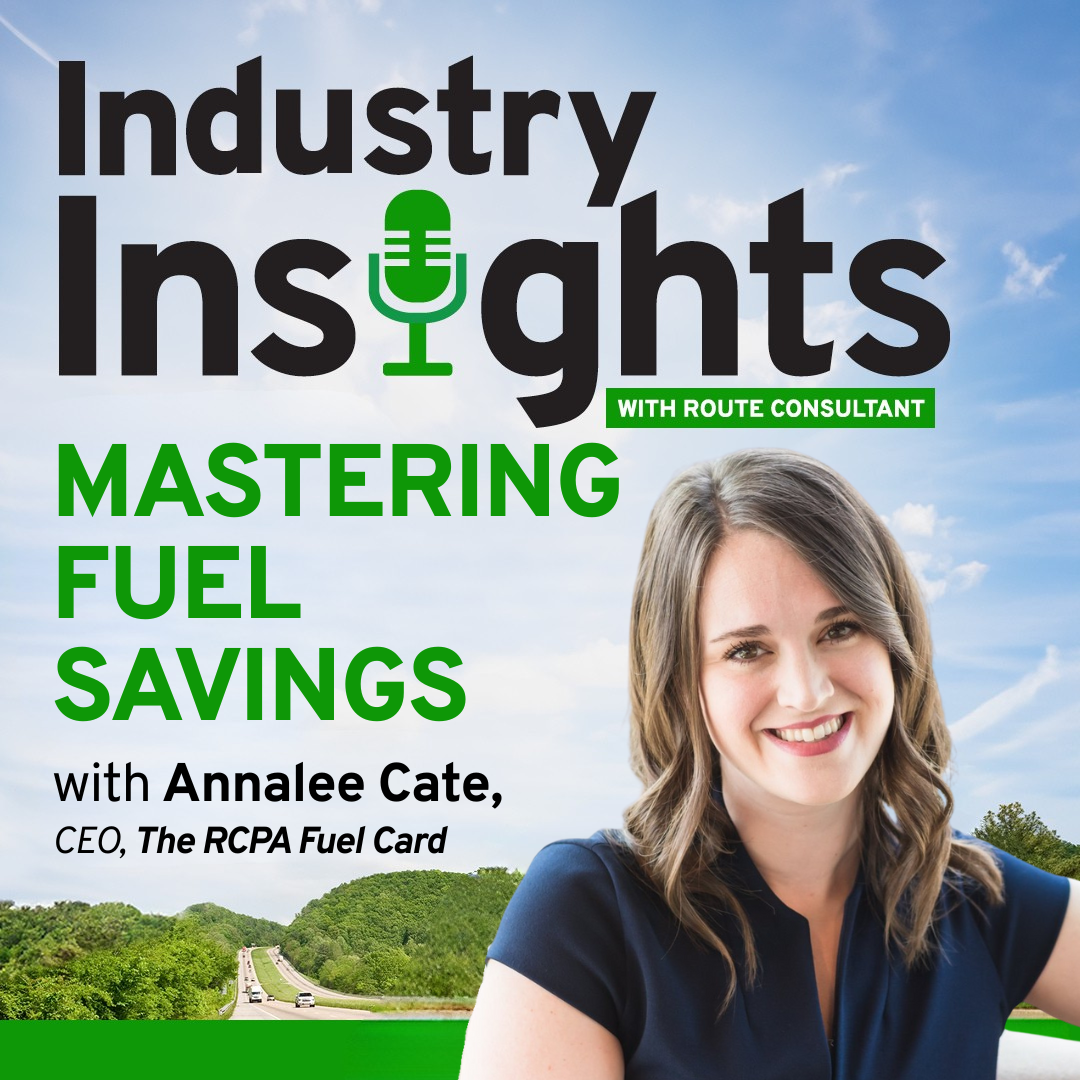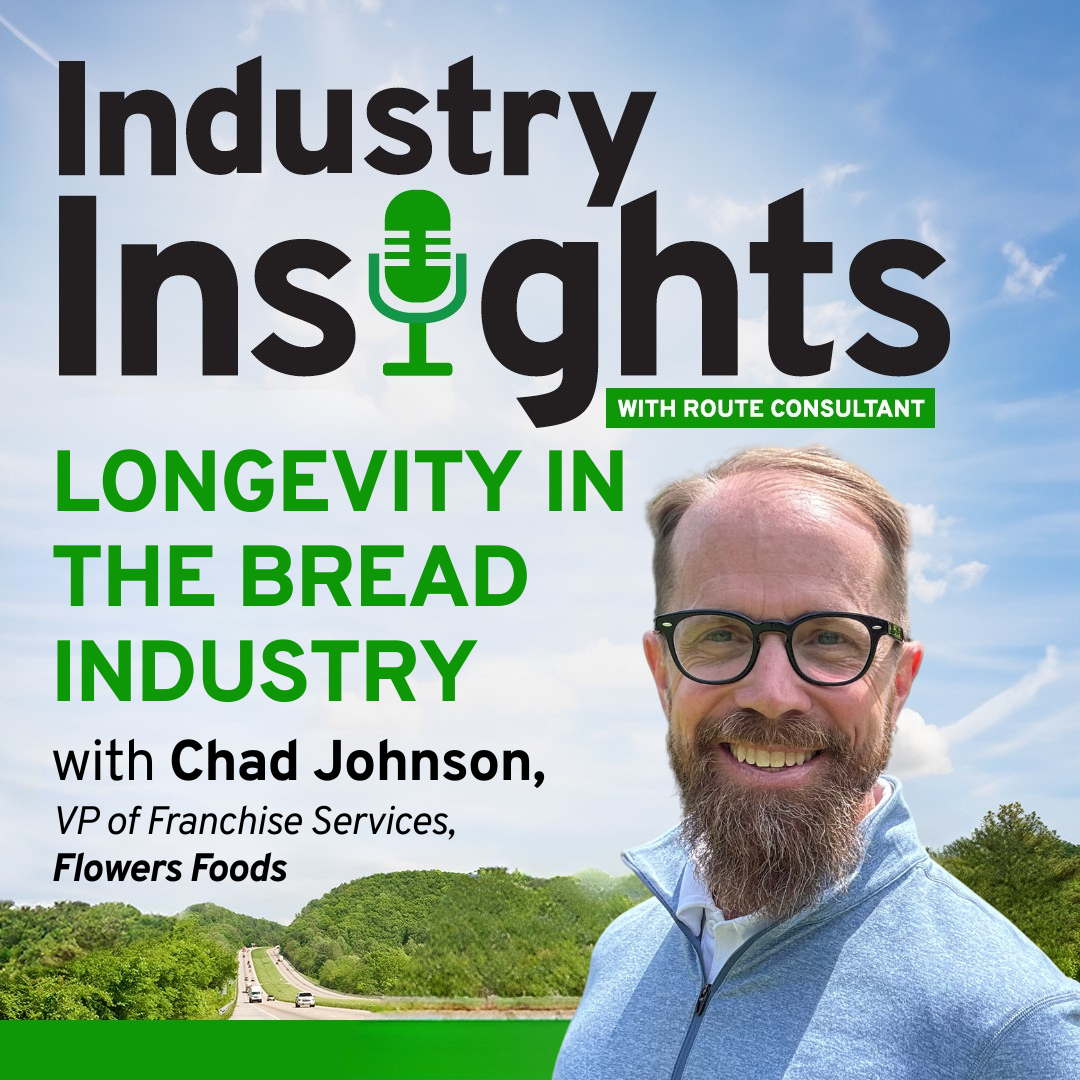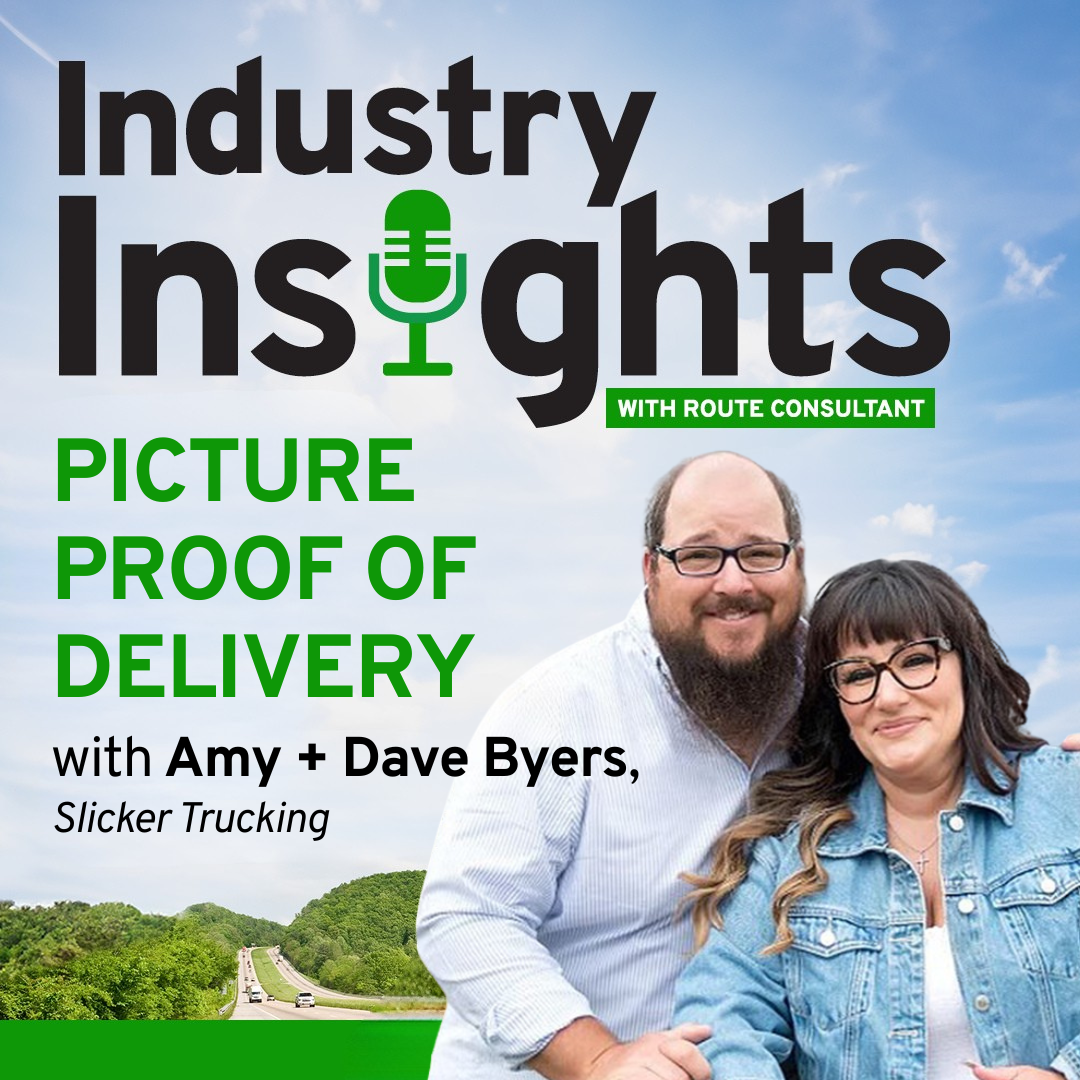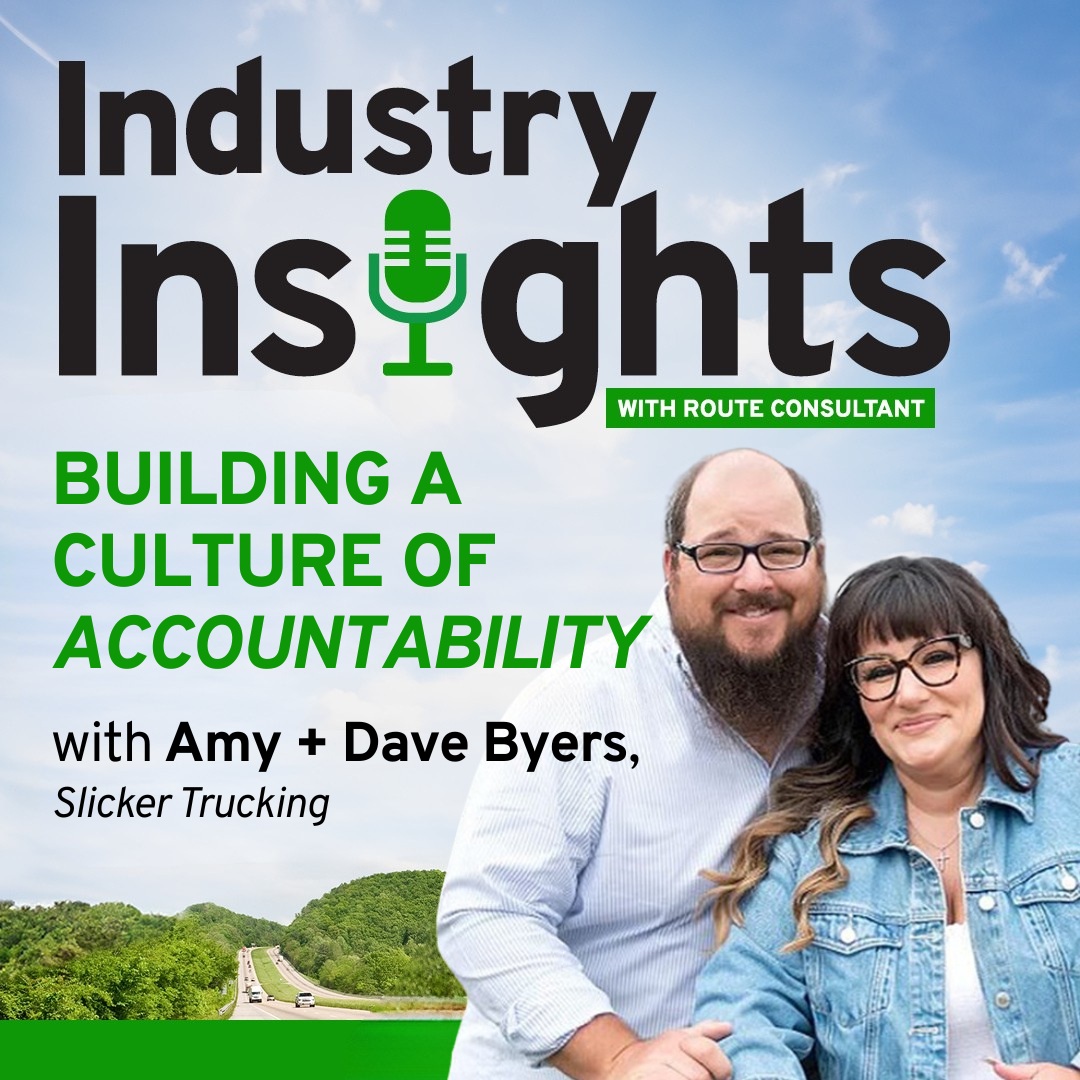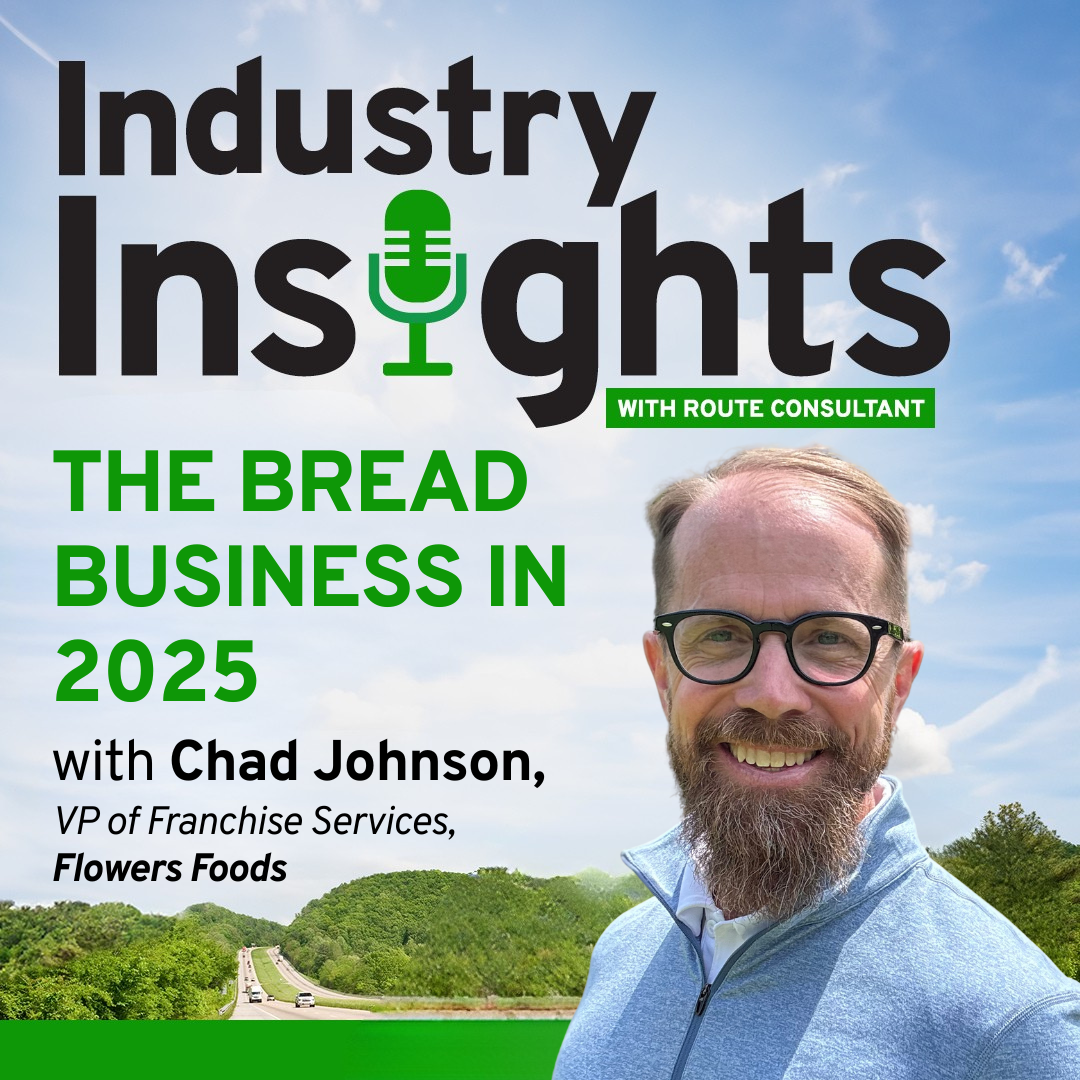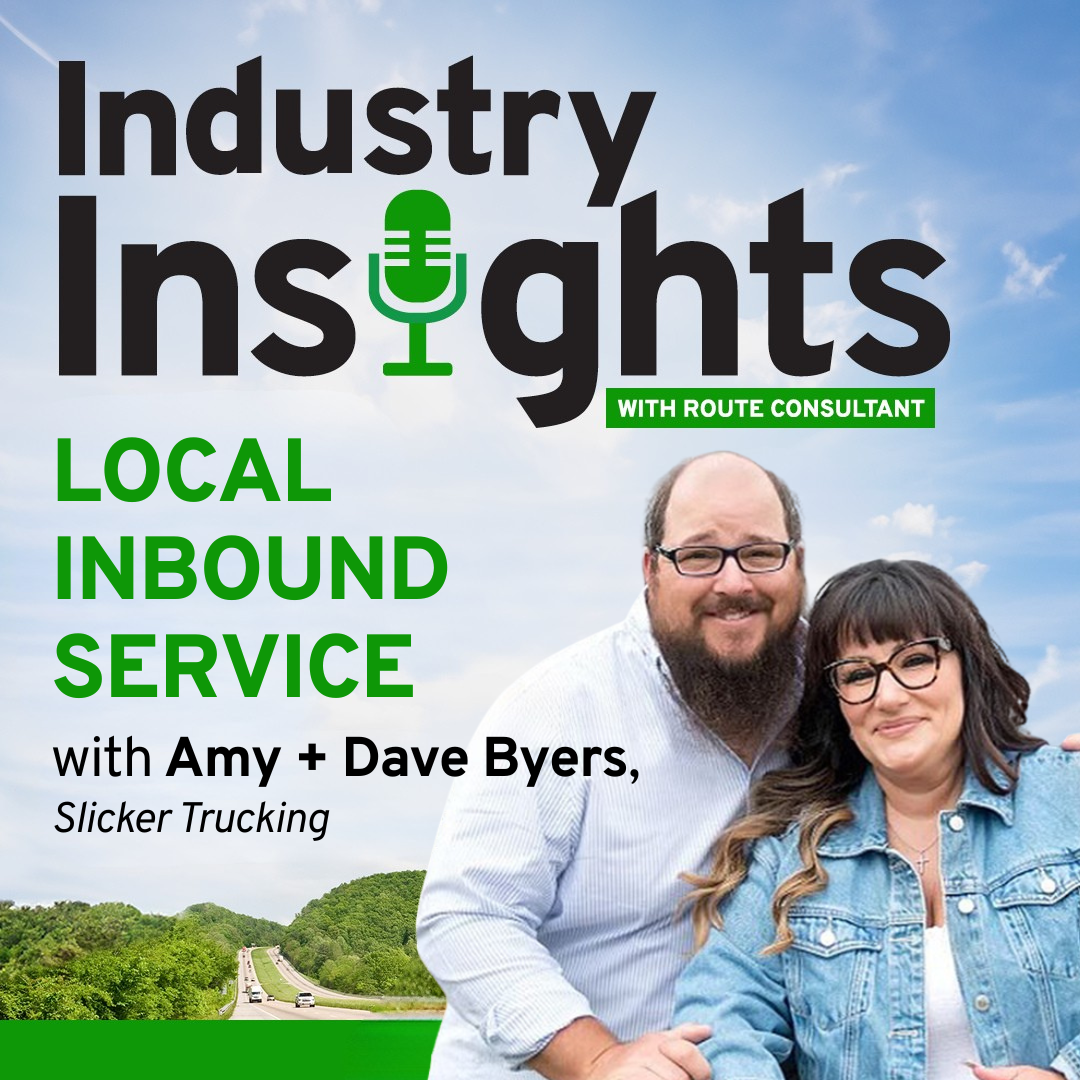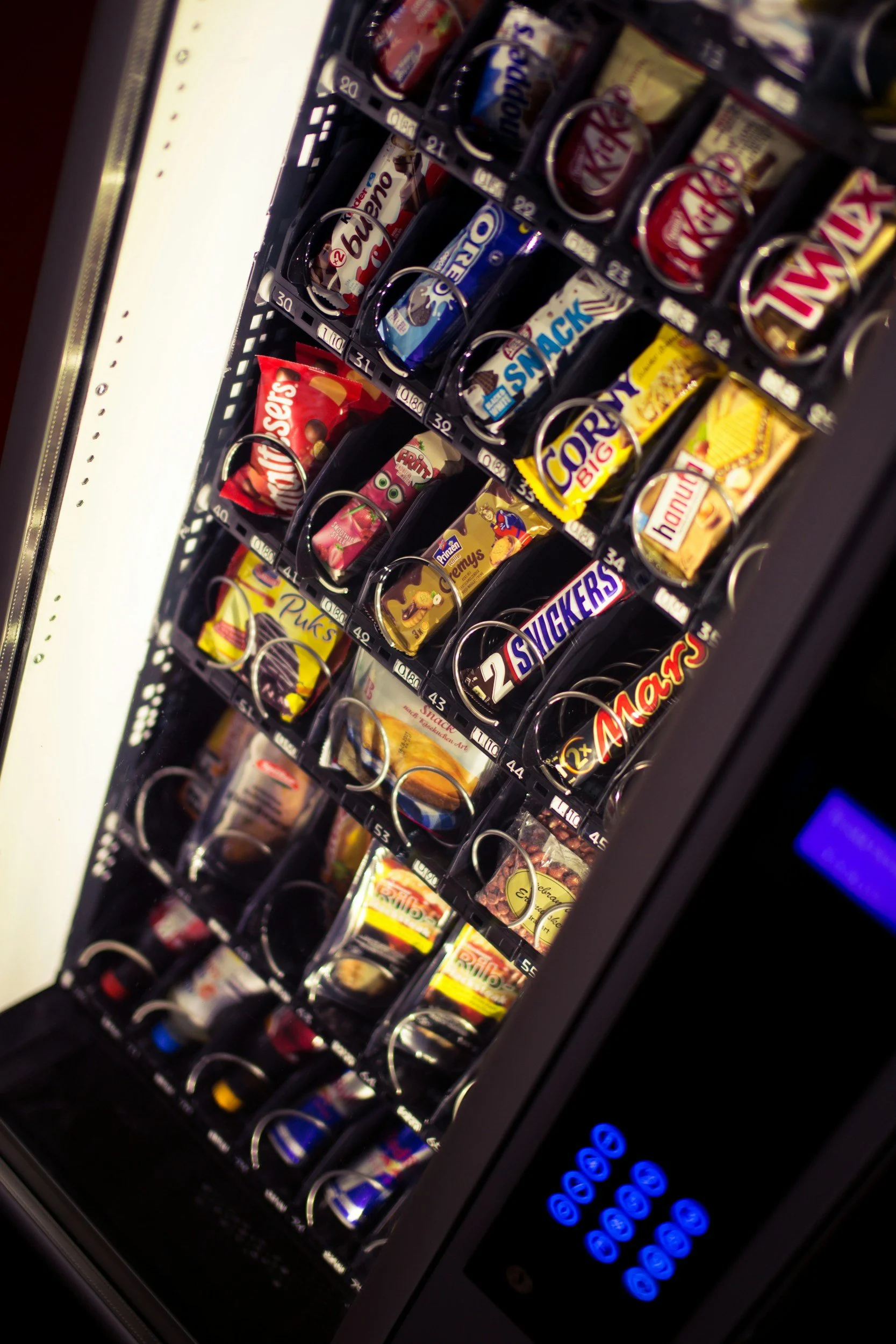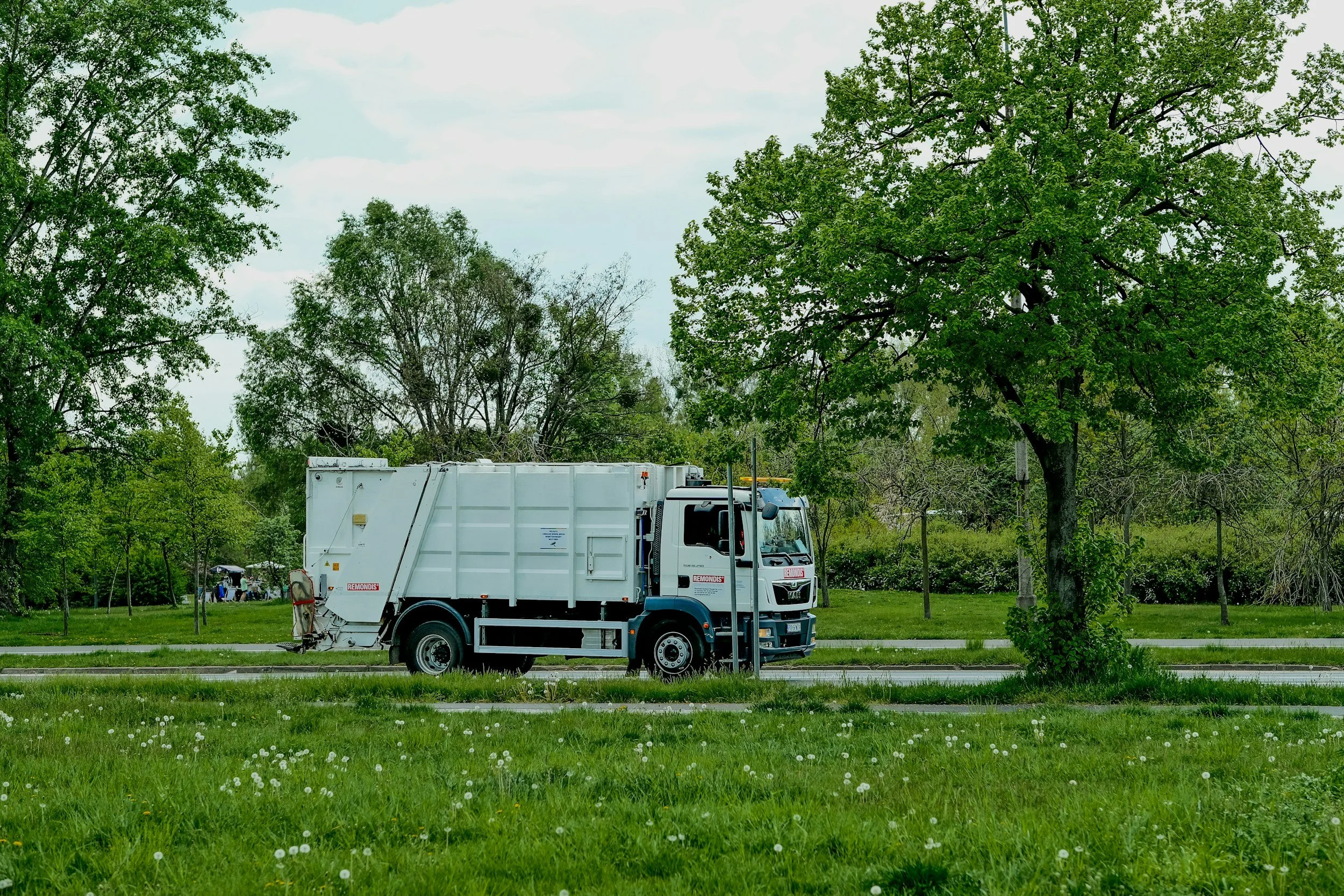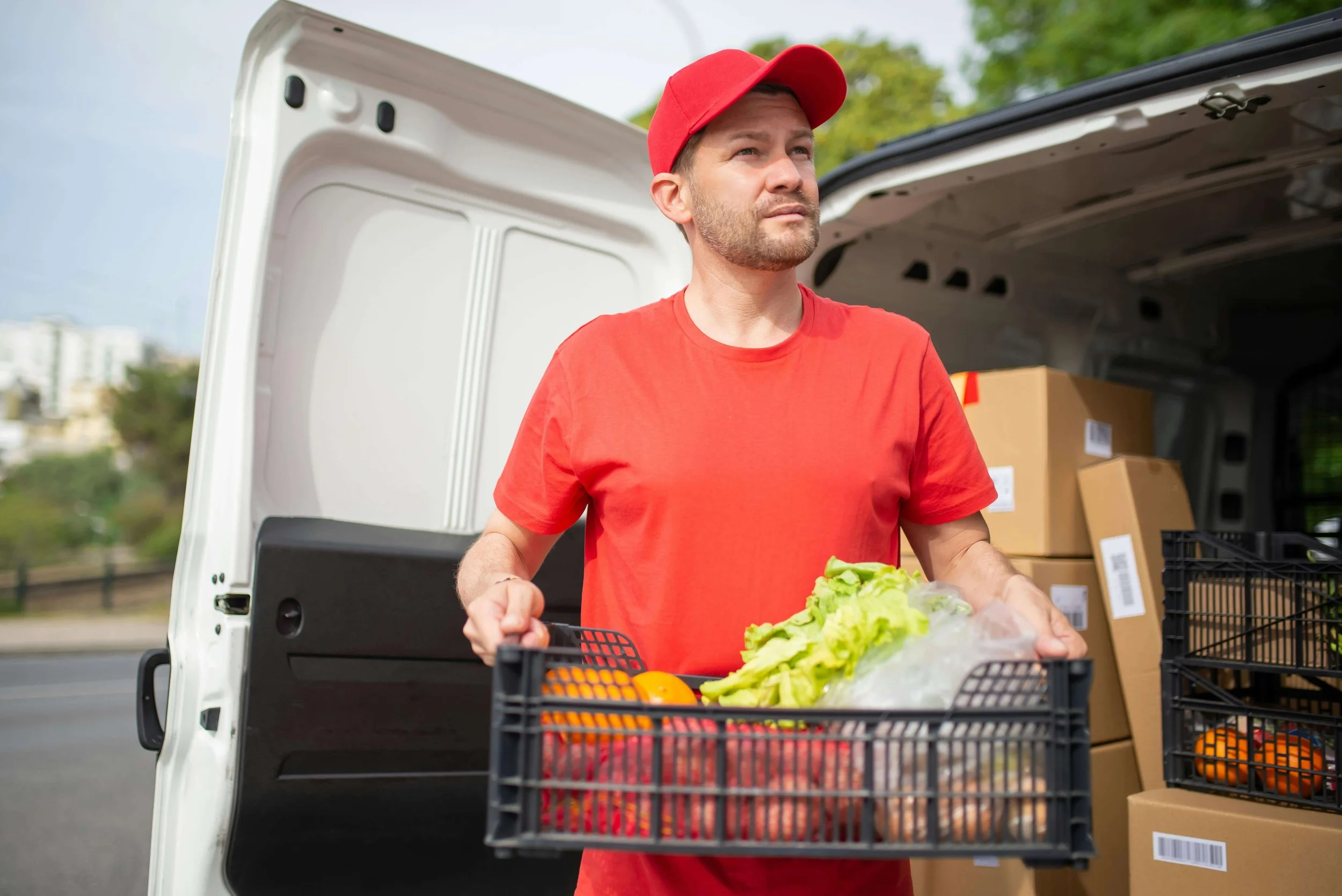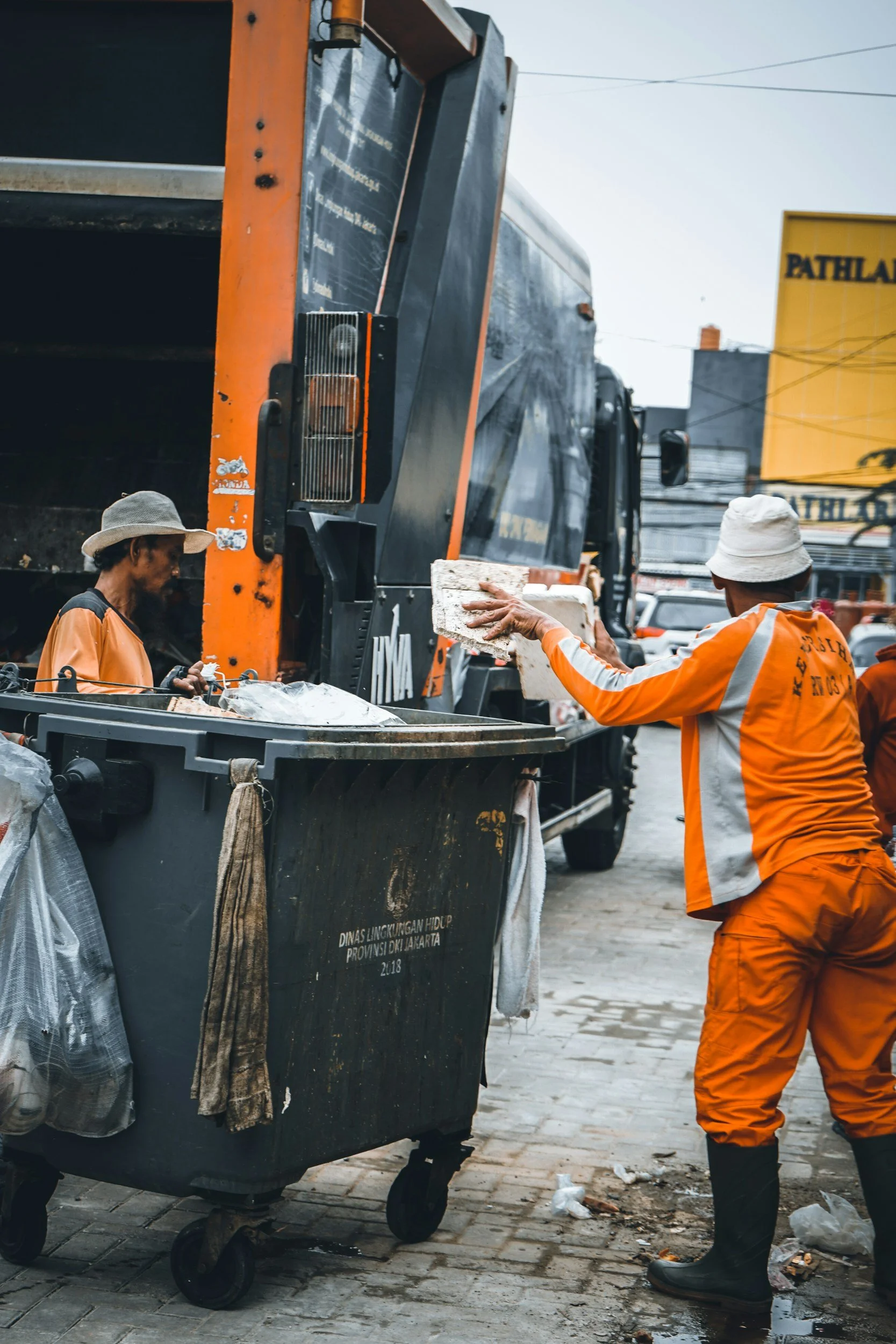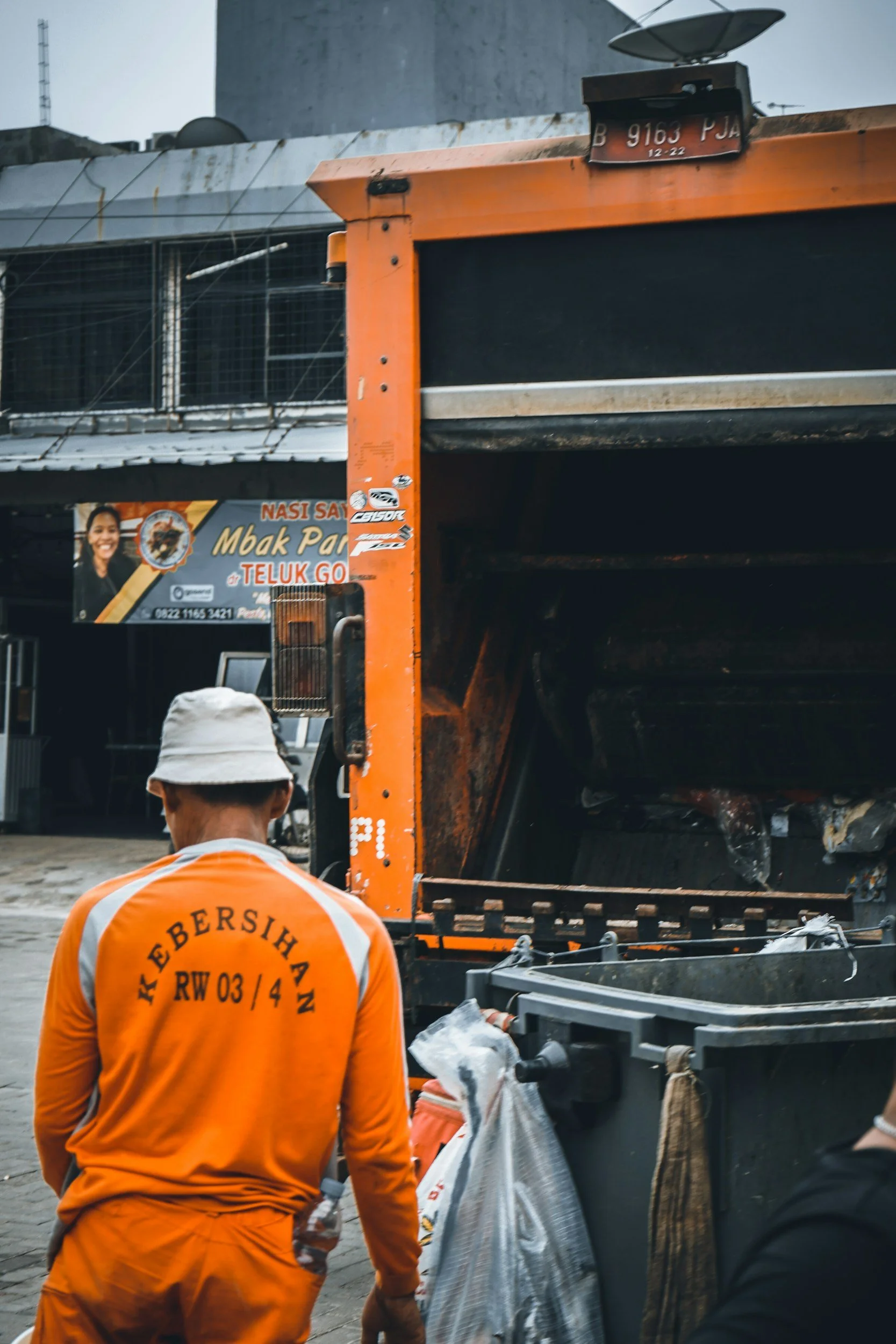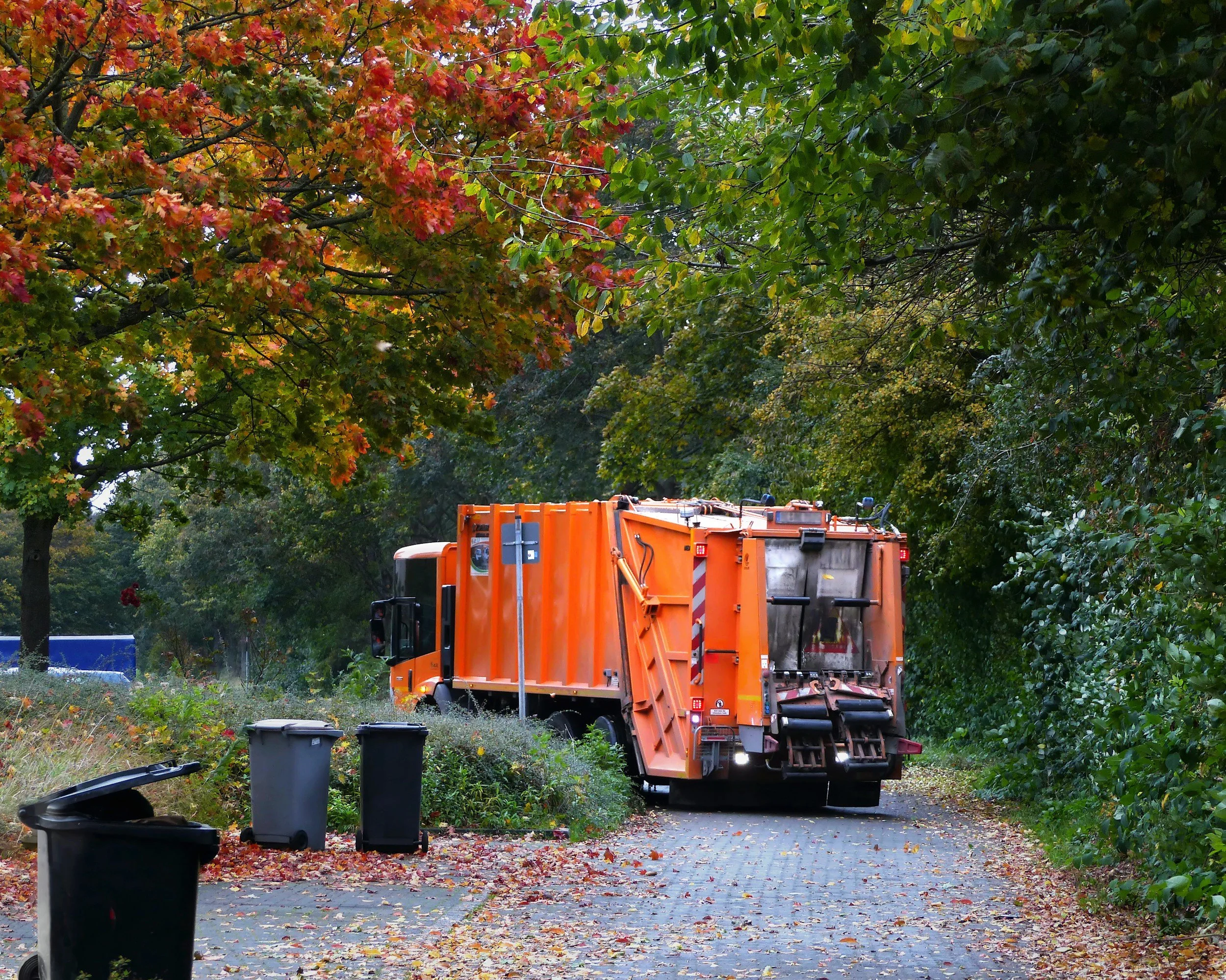
Industry Insights
with Route Consultant
Welcome to Industry Insights with Route Consultant—your front-row seat to the fast-moving world of logistics and beyond. Each week, we bring you game-changing insights, real-world strategies, and fresh perspectives to fuel smarter investments and build stronger businesses. Join us as we sit down with expert guests to explore emerging trends and pressing topics across a wide range of industries.
Latest Episodes
Explore All Industry Articles + Videos
What is Vending and Why Is It a Smart Business Choice?
Vending machines aren’t just convenient; they’re a proven business model that’s accessible, flexible, and scalable. Learn how owning machines, stocking the right products, and placing them in high-traffic locations can create a steady income and open the door to entrepreneurial growth.
Finding the Right Location for Your Vending Business
Success in vending comes down to strategy: the right products in the right locations. Learn how to identify high-traffic spots, match inventory to customer needs, and track performance to grow a profitable vending business.
Startup Costs, Profit Potential, and Financing Your Vending Business
Curious about how much it costs to start a vending business and how much you can make? This guide breaks down realistic startup costs, profit expectations, and the financing options that can help you get your machines in the right locations and start generating revenue.
Understanding Insurance Requirements for EMS Operators: A Comprehensive Guide
Navigating the insurance landscape is crucial for EMS operators. This guide outlines the essential insurance coverages required to ensure compliance and protect your EMS operations.
How Profitable Are Waste Management Routes? Understanding Margins and Valuations
Discover how to evaluate and value waste-management routes like a pro. From margin benchmarks to valuation multiples, this post walks you through the critical numbers every investor and route operator needs to know.
Effective Strategies for Recruiting and Retaining EMS Teams
Attracting and keeping skilled EMS personnel is more challenging than ever. This guide explores proven strategies to build and maintain a dedicated EMS workforce.
What Are the Differences Between Bread Routes and Amazon DSPs?
Thinking about investing in a delivery business? Bread Routes and Amazon DSPs may look similar, but they offer very different opportunities. Bread Routes provide asset ownership, strong margins, and flexibility in how you operate. Amazon DSPs, on the other hand, come with predictable revenue but higher start-up costs, strict compliance, and limited independence. In this guide, we break down the key differences—from financing and profitability to growth potential and time commitment—so you can decide which model best fits your business goals.
Optimizing Fleet Strategy for EMS: Key Considerations for Efficiency and Reliability
Efficient fleet management is crucial for Emergency Medical Services (EMS) operations. This guide explores strategies to enhance fleet performance, reduce downtime, and ensure readiness in critical situations.
FedEx Route Equity Value: What Your Business is Really Worth
One of the most overlooked—and most valuable—parts of owning a FedEx Ground route business is the equity you build over time. While daily operations and cash flow are front of mind for many contractors, the long-term equity value of your routes can be a powerful wealth-building tool.
Critical Financials for EMS Routes: Key Metrics Every Operator Should Monitor
Understanding the financial landscape of EMS operations is crucial for success. This guide explores the essential financial metrics and considerations for EMS route owners and investors.
How Do You Finance a Waste Management Route Business?
Thinking of buying a waste-collection route or expanding your hauler operation? In this post, we break down how to finance a waste-management route business, from fleet and equipment loans to working-capital solutions and acquisition funding, so you can move confidently from opportunity to ownership.
Hiring and Keeping Great Drivers for Your Bread Route
Many bread route businesses are built and run by owner-operators, but as your territory grows or personal priorities shift, building a reliable team becomes essential. Whether you're planning to step out of the truck or expand your operation, recruiting and retaining drivers is a key part of growing a sustainable bread route business.
What’s the Equity Value of Waste Management Operations and Where Is the Market Headed?
Considering acquiring or selling a waste management route business? This article breaks down how equity value is determined and what the current and near-term market outlook looks like. Understand multiple drivers of value, emerging industry trends, and how to position your business for optimum worth.
Selling Price and Due Diligence for EMS Routes: A Comprehensive Guide
Selling or acquiring an EMS route? This guide delves into the factors influencing selling prices and outlines a thorough due diligence process to ensure a sound investment.
EMS Fundamentals: Understanding the Core of Emergency Medical Services
Emergency Medical Services (EMS) are vital to public health and safety. This guide explores the foundational components of EMS, including its structure, roles, and importance in healthcare delivery.
Hiring Strategies for Finding and Keeping FedEx Drivers
In the FedEx Ground contractor model, your team is the backbone of your business. Whether you're operating Pickup & Delivery (P&D) or Linehaul routes, recruiting and retaining a dependable team is one of the most critical factors in long-term success.
Unlike traditional companies, FedEx contractors are independent business owners who must build and manage their own workforce. This means developing strong hiring practices, building a positive workplace culture, and minimizing costly turnover.
Fundamentals of Waste Management Operations
Thinking about getting into waste collection or recycling routes? This post covers the core fundamentals of operating a waste management route business — from how these operations work, to what drives profitability, compliance, and long-term success in this growing industry.
Understanding Margins and Valuations in EMS Routes
Thinking about investing in EMS routes? This guide breaks down how margins are calculated, what drives profitability, and how EMS businesses are valued – essential knowledge for investors and operators in this critical industry.
Financing EMS Routes: Your Guide to Funding Options
Investing in EMS routes requires substantial capital. This guide explores various financing options available to EMS operators, helping you choose the best fit for your business needs.
Selling Price and Due Diligence for Waste Management Routes: A Complete Guide
Considering buying or selling a waste management route? This guide breaks down how to determine a fair selling price and navigate the due diligence process, essential steps for a successful transaction in this stable, cash-flow-driven industry.





